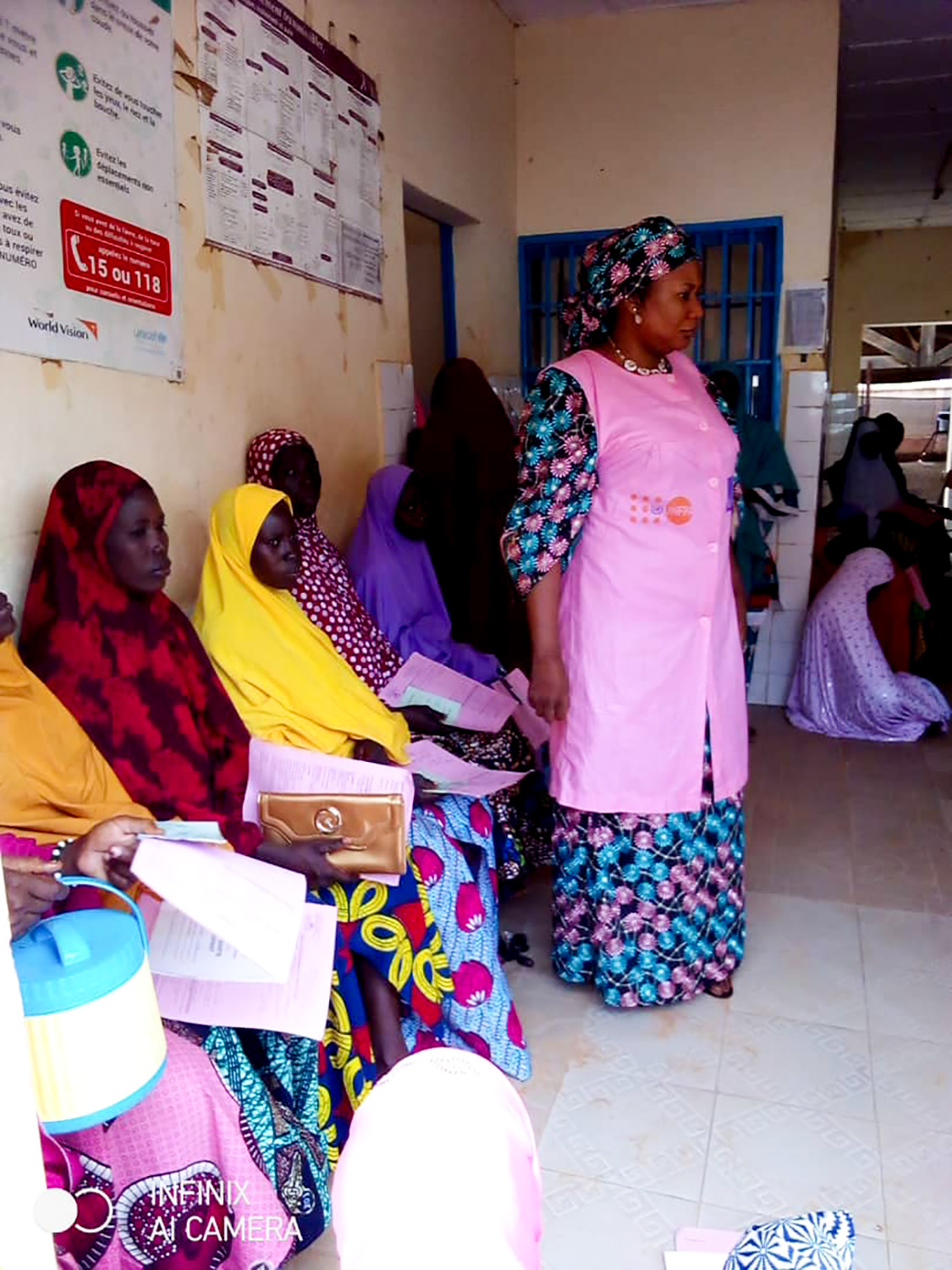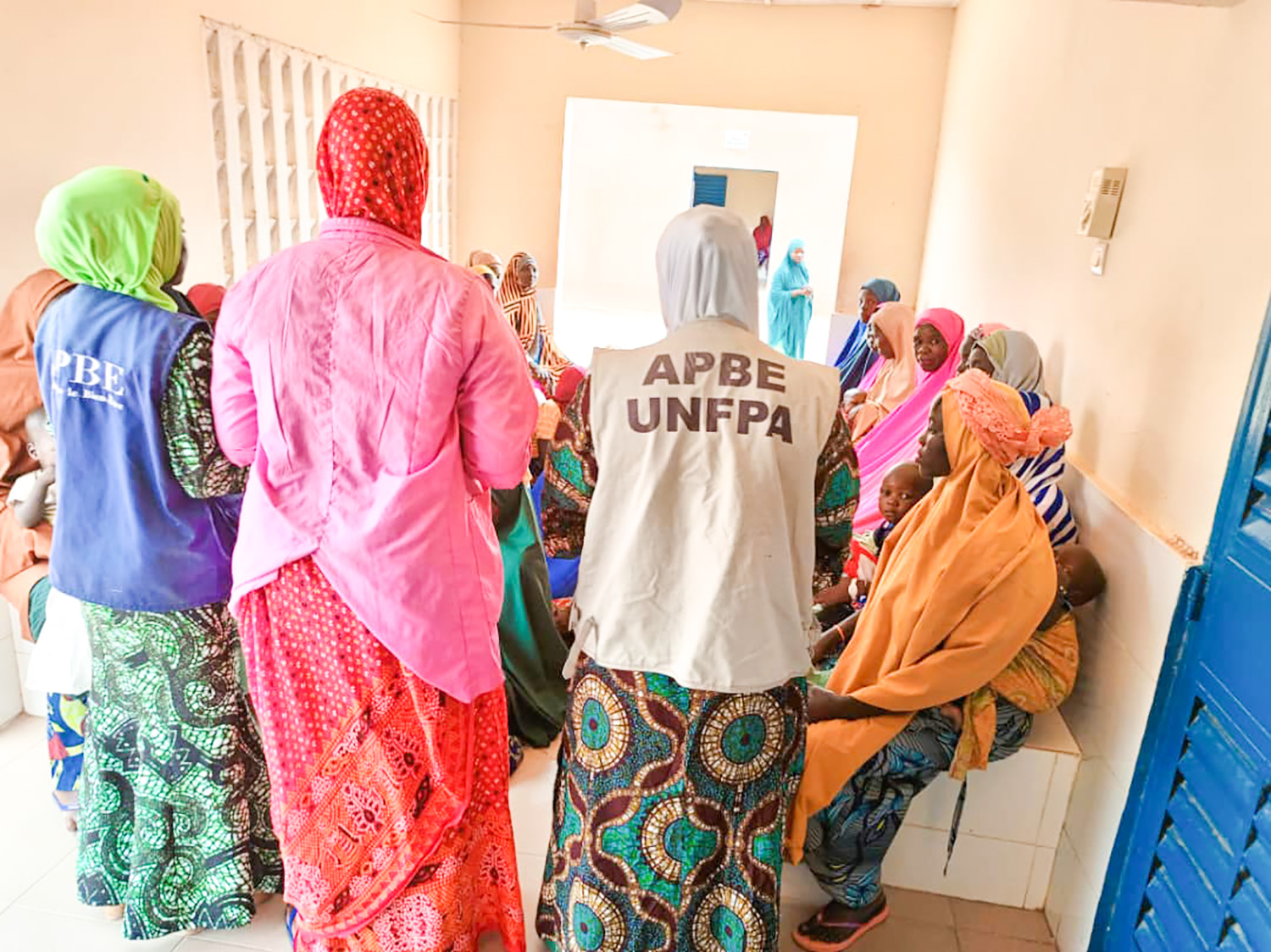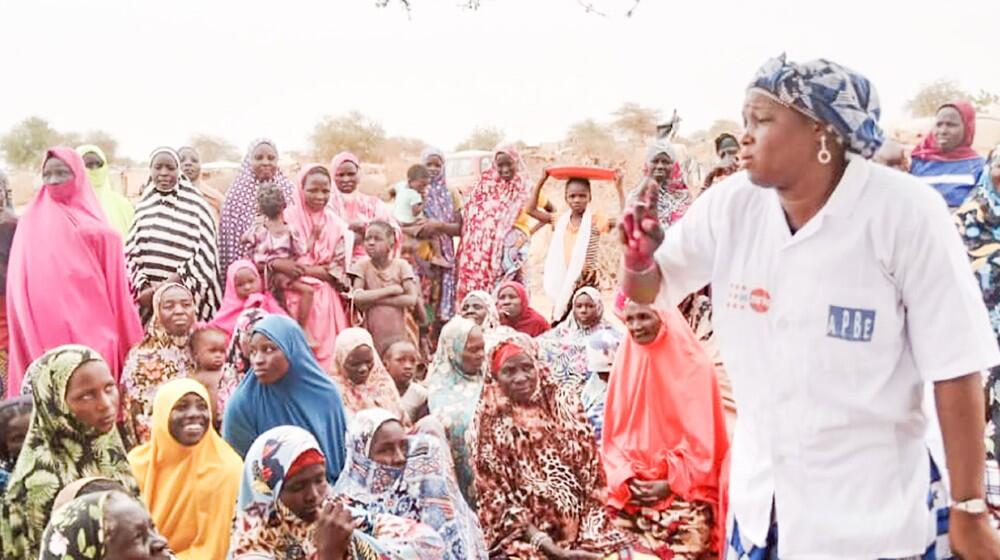The Ouallam refugee site in the Tillaberi region in Western Niger has received support from UNFPA with the deployment of midwives to assist pregnant women and mothers, and continuing to ensure the delivery of essential life-saving reproductive health medicines and supplies.
As conflict and forced displacement continue to affect vulnerable communities, UNFPA is providing vital assistance to refugees and internally displaced people in the region.
Around 4.3 million people in Niger are in need of humanitarian assistance – the vast majority of whom are women and children.
UNFPA has taken steps to ensure that the populations of the Ouallam refugee site receive adequate reproductive health care and services . Two midwives have been deployed to the local Integrated Health Centre (IHC), providing essential medical expertise for pregnant women and new mothers, and to ensure that the provision of lifesaving services, including maternal health and family planning, continue.
In addition to medical services, UNFPA has also deployed two social workers to the site, including a psychologist and a gender-based violence case manager.
UNFPA is continuing to ensure the delivery of essential life-saving medicines and reproductive health supplies to service delivery points. While the procurement of reproductive health medicines and supplies is on-going, border and air space closures, continue to hinder shipments to Niger with the risk of stock-outs.
UNFPA recently trained healthcare professionals in Dosso and Tillabéri who are providing an essential package of SRH services including GBV prevention and response services, prevention and treatment of sexually transmitted infections, emergency obstetric care, and family planning services.




